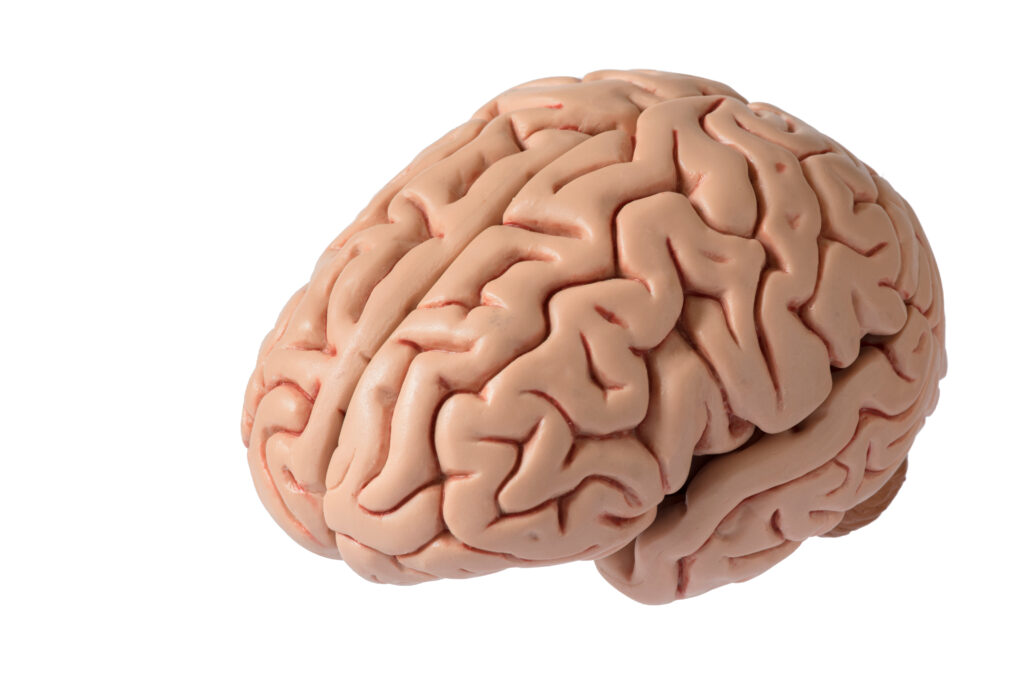### The Role of Neurotransmitters in Preventing Dementia
Dementia is a condition that affects memory, thinking, and behavior. It can be caused by various factors, including age, genetics, and lifestyle choices. While there is no single way to prevent dementia, research has shown that certain elements, such as neurotransmitters, can play a crucial role in maintaining brain health and potentially reducing the risk of dementia.
### What Are Neurotransmitters?
Neurotransmitters are chemicals that help nerve cells communicate with each other. They are like messengers in the brain, carrying signals from one cell to another. These signals are essential for various functions, including movement, mood, and memory.
### How Do Neurotransmitters Help Prevent Dementia?
1. **Communication Between Cells**: Neurotransmitters facilitate communication between nerve cells. When these chemicals work properly, they help maintain the health and function of brain cells. This communication is vital for learning, memory, and overall cognitive function.
2. **Supporting Brain Health**: Some neurotransmitters have anti-inflammatory and antioxidant effects. These properties help protect brain cells from damage caused by free radicals and inflammation, which are factors that contribute to neurodegenerative diseases like Alzheimer’s.
3. **Boosting Brain Function**: Certain neurotransmitters, such as serotonin and acetylcholine, are involved in stabilizing the blood-brain barrier. This barrier is crucial for keeping harmful substances out of the brain and ensuring that essential nutrients reach brain cells.
### Other Ways to Prevent Dementia
While neurotransmitters are important, they are not the only factor in preventing dementia. Here are some additional ways to reduce your risk:
1. **Exercise Regularly**: Exercise improves oxygen and blood flow to the brain, keeping brain cells healthy and active. Even a simple 30-minute brisk walk each day can make a significant difference.
2. **Eat a Healthy Diet**: A Mediterranean diet rich in fruits, vegetables, whole grains, and healthy fats like those found in olive oil can support brain health. Olive oil, in particular, contains monounsaturated fats and polyphenols that help reduce inflammation and oxidative stress.
3. **Get Enough Sleep**: Adequate sleep is essential for brain health. During sleep, the brain processes and consolidates information, which helps in memory formation and cognitive function.
4. **Avoid Unhealthy Habits**: Limiting sugar and saturated fat consumption, avoiding tobacco and alcohol, and managing conditions like diabetes can all contribute to a lower risk of dementia.
5. **Stay Social and Engaged**: Maintaining close social ties and engaging in mentally stimulating activities can help keep your mind active and reduce cognitive decline.
### Conclusion
While there is no single magic bullet for preventing dementia, understanding the role of neurotransmitters and incorporating healthy lifestyle choices can significantly reduce your risk. By supporting neurotransmitter function, improving blood flow, and adopting a balanced lifestyle, you can help protect your brain health and potentially lower your chances of developing dementia. Remember, every small step towards a healthier lifestyle can make a big difference in the long run.


